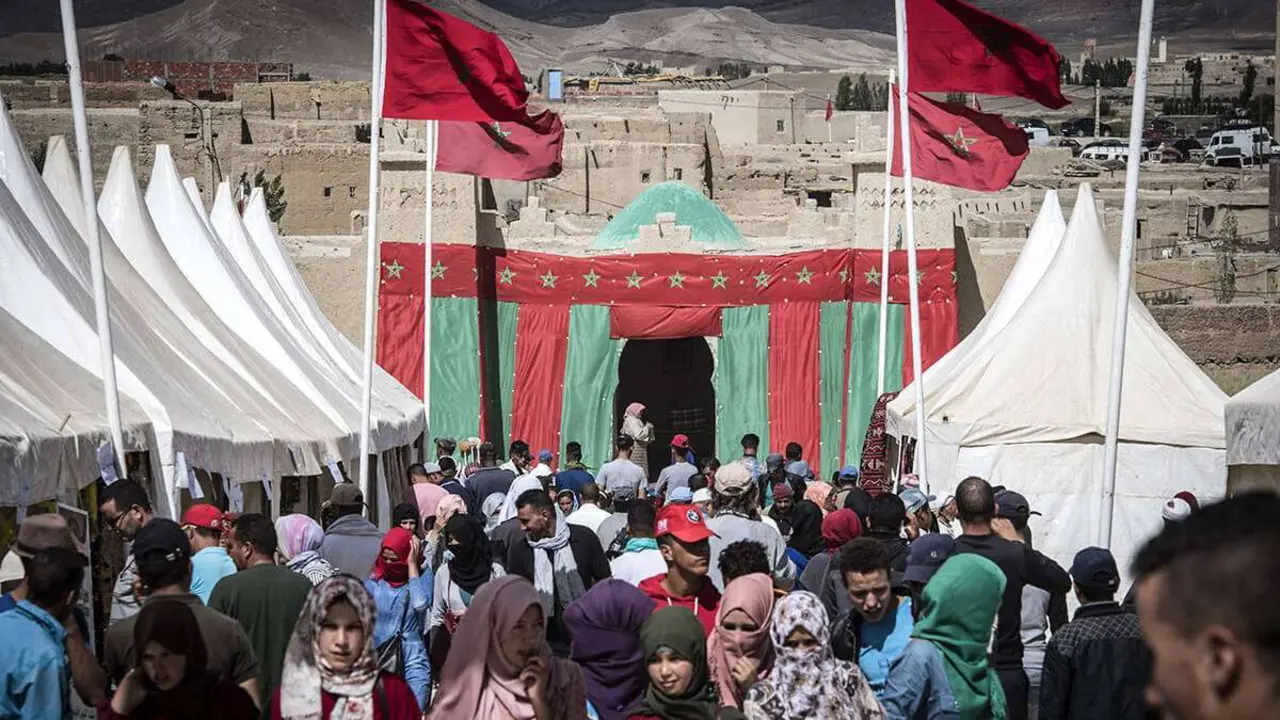Latin America confirms first environmental agreement on World Earth Day

The first environmental treaty in Latin America and the Caribbean was published on Thursday 22 April, World Earth Day. The Escazu Agreement will significantly protect the rights of environmental defenders and the health of indigenous peoples, among other objectives.
This agreement, which was signed in Argentina, aims to guarantee the protection of the environment and the health of people, especially indigenous peoples, as well as to promote public participation, access to information and justice in environmental matters at the regional level in Latin America and the Caribbean.
For the first time, an agreement of this calibre is being introduced to protect the target of numerous assassinations in Latin America, environmental activists. Farmers and activists in the region have repeatedly reported threats for opposing the interests of mining, forestry, agribusiness, wind, hydroelectric and gas companies.

"In 2019, 210 environmental defenders were murdered worldwide, including two-thirds in our region," recalls Alicia Bárcena, secretary general of the Economic Commission for Latin America and the Caribbean (ECLAC), the UN regional body.
The treaty seeks to take up these rights already enshrined in 1992 to restore the right of people and communities to be informed and heard in decision-making processes that affect their lives and territories. "The best way to address environmental problems is to ensure the participation of all concerned citizens, at the appropriate level", enacted Principle 10 of the Rio Declaration at the 1992 Earth Summit.
Escazú is a city southwest of San José, capital of Costa Rica, a green democracy in Central America. By hosting the latest round of negotiations between Latin American and Caribbean countries on 4 March 2018, this Costa Rican city gave its name to this regional agreement. After a particularly slow ratification process, it entered into force on 22 April, World Earth Day.

The Secretary-General of the United Nations (UN), António Guterres, said in a recorded message that the entry into force of this agreement "gives us hope and inspiration and paves the way for sustainable and resilient regulation" to tackle climate change, the collapse of biodiversity and environmental pollution.
For her part, Michelle Bachelet, the UN High Commissioner for Human Rights, said that "in the face of environmental harms and injustices, legal instruments like the Escazu agreement are fundamental to hold states accountable and defend human rights and health and the planet".
The agreement was adopted with 24 of the 46 countries in the region, including Brazil, but only 12 have ratified it: Antigua and Barbuda, Argentina, Bolivia, Ecuador, Guyana, Mexico, Nicaragua, Panama, St. Kitts and Nevis, St. Vincent and the Grenadines, St. Lucia and Uruguay, sealing its entry into force in their territory. Some of the countries that register the most aggressions against people who lead environmental struggles, such as Brazil, Guatemala, Colombia, Honduras and Venezuela, have not signed it.

Alianza por la Solidaridad-ActionAid reports that 331 women human rights defenders were killed worldwide in 2020. Of these, 69% were involved in defending land and natural resources, including 44 women, according to a report by FrontLine Defenders.
The organisation points out that, in the list of countries that signed the agreement, almost all of the most dangerous countries for women defenders are missing - 177 were murdered in Colombia alone in 2020 - and denounces the pressures that are taking place in the countries with the most environmental conflicts not to ratify this agreement, alluding to an alleged loss of national sovereignty or damage to economic development.

"Since its adoption in 2018, the signature and ratification process has been very slow, in part due to political changes in the region, the COVID-19 crisis and the delay in ratification processes within legislative bodies - the result of lobbying by representatives, the private sector and the dissemination of inaccurate arguments that have generated confusion about the potential impacts that this agreement could have for countries once ratified," explains the Institute for Sustainable Development and International Relations in its blog.
For the treaty to enter into force, at least 11 countries had to ratify it. Article 22(1) specifies that enactment shall take place "90 days after the date of deposit of the eleventh instrument of ratification". On 22 January, Mexico was the eleventh country to ratify at the UN, followed by Argentina.
Latin America Coordinator: José Antonio Sierra.








